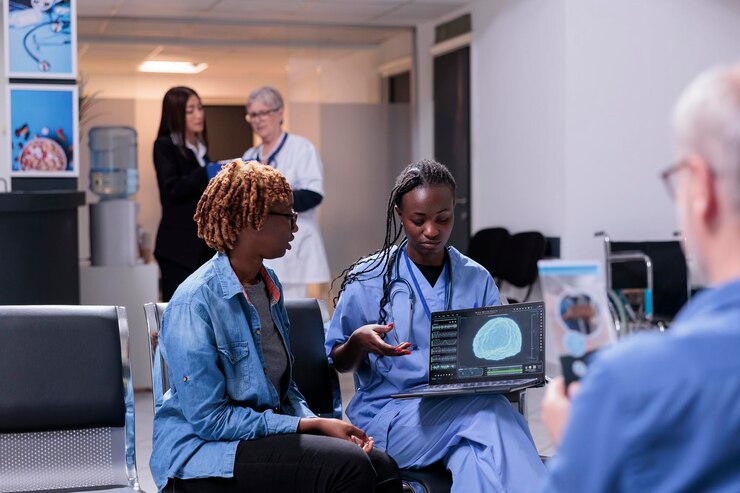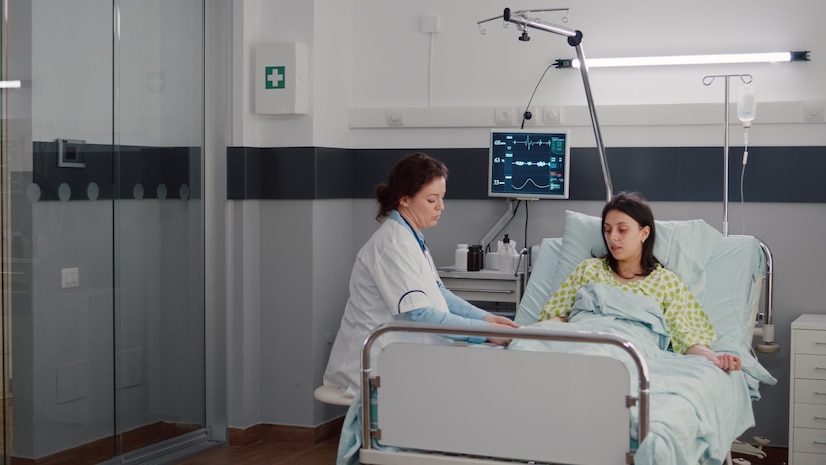A serious diagnosis can impact just about every area of your and your family’s lives.
You are often bombarded with information that is difficult to understand, emotions that are hard to cope with, and responsibilities that are difficult to take on.
Checkout Five Important Things To Think About After A Diagnosis:
Here are some things to think about post-diagnosis.
1. Clarify Information

It can be extremely hard to process all of the information that you receive after a diagnosis. For many people, the first wave of information passes over them like water in the wake of the often shocking realization of their illness.
A good doctor will re-enforce information and continually educate their patients – knowing that they will not have been capable of fully learning about their future care when first diagnosed.
2. Secure Your Finances
Anxiety surrounding you and your family’s financial situation is extremely common after being diagnosed with a serious illness. This is especially true if you are one of the breadwinners of your family.
Consider insuring your life and your property so that your family will not suffer unduly should the worst occur. There are specialist insurers like Future Proof who have experience in helping insure those with pre-existing medical conditions.
3. Set Boundaries

Boundaries are immensely important after a diagnosis. Care – both helpful and unhelpful – can come at you from all angles. For information on compassion in healthcare, read this from RSL Online, but it can also lead to people offering unqualified advice. You need to set boundaries and establish caregiving roles that are unlikely to cause conflict among the people that you love.
Trust medical science and make sure that any information given to you is qualified. Your family can play a huge role in giving you care, but they should not be able to counteract the treatments and recovery plans suggested by medical professionals.
4. Consider Counselling
It would take an extremely strong person to go through the trauma of a serious diagnosis or illness without some detrimental impact on your well-being. Consider looking at resources such as Cancer Research for help on how to find a counselor, whilst helping you deal with some of the extreme stress that naturally follows a diagnosis.
Some counselors specialize in helping people through the complex emotions they feel after they have been diagnosed with cancer or similarly serious conditions. It may also be worth suggesting that your immediate family members seek professional help dealing with their emotions.
5. Counter Guilt

Guilt is one of the most commonly and intensely experienced feelings after a serious diagnosis. It is extremely important to remember that your illness – and the impact it has on the people close to you – is not your fault. People often feel guilty because they feel like they could have gone to a doctor sooner, spared their family trouble, or because of their pre-diagnosis lifestyle choices.
Guilt can negatively impact your recovery and your overall quality of life. Work through your feelings of guilt by talking them through with a counselor or your family if you have family available. It is important to express your guilt so that you can get to the bottom of why you are feeling them.
Read Also:




























